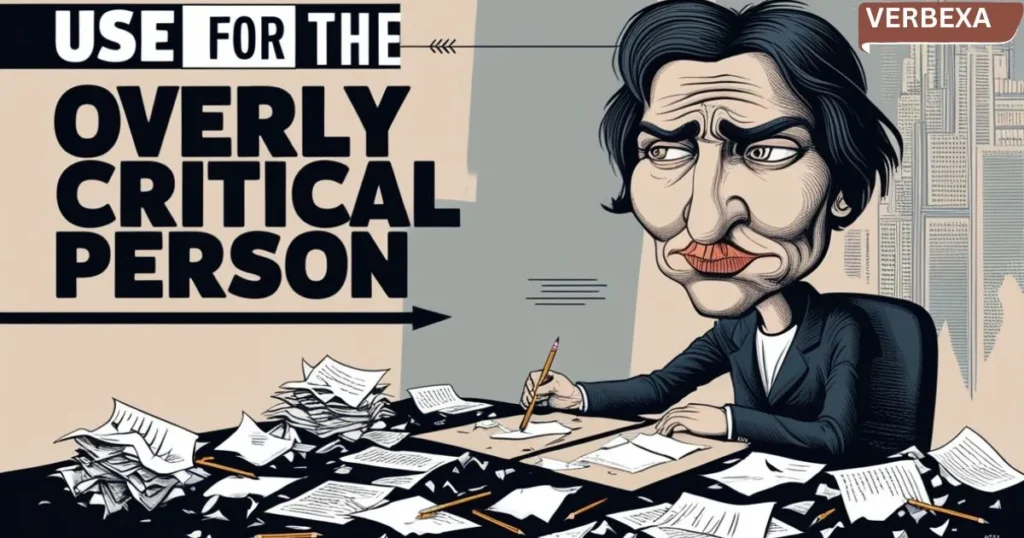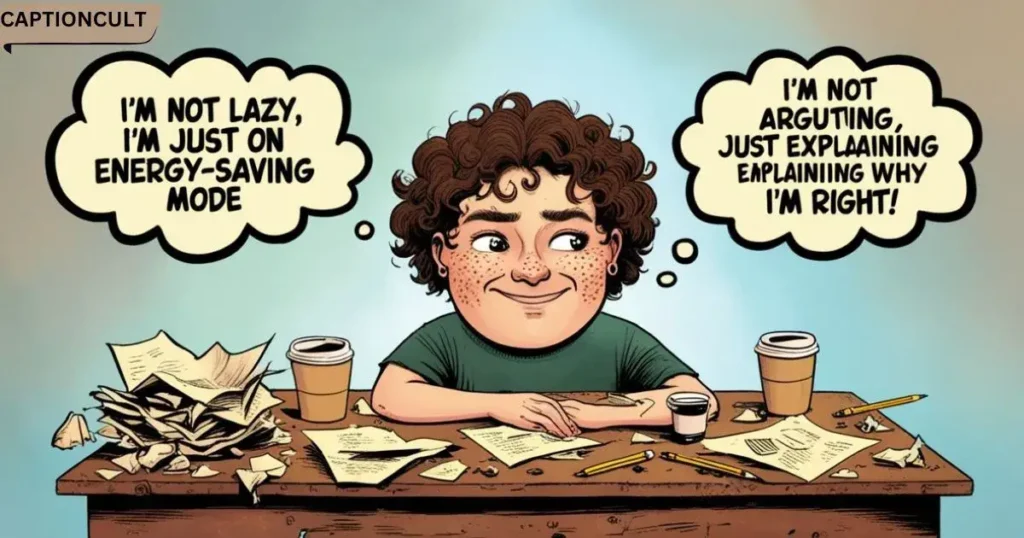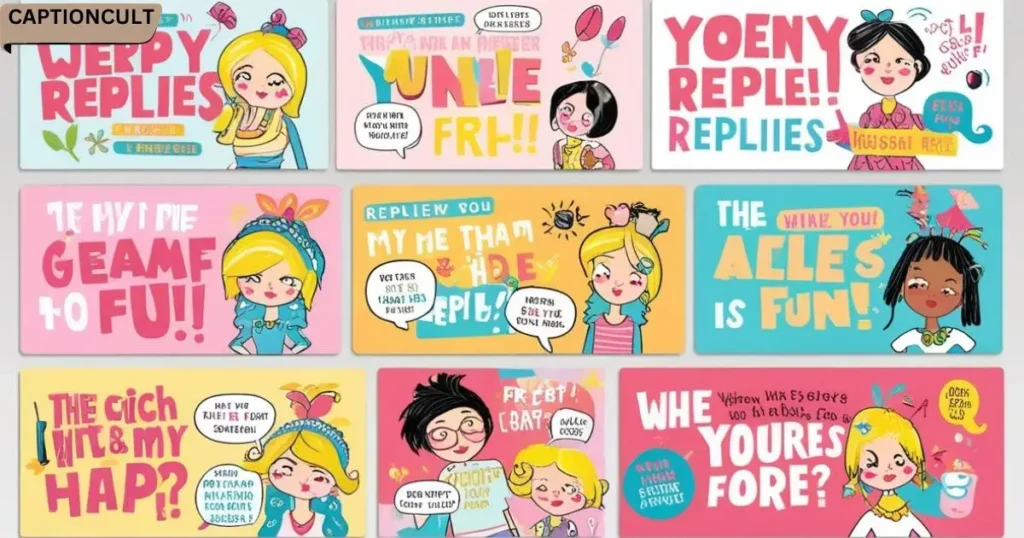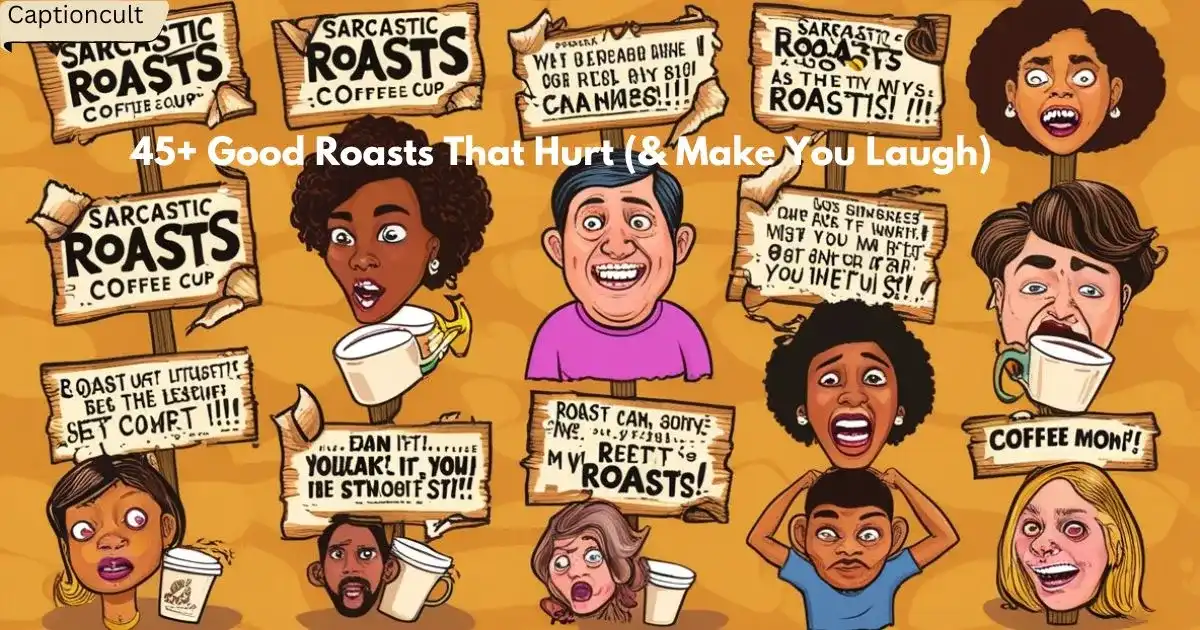Social situations can be tricky. Awkward comments and insults are common, but a witty response can diffuse tension or even deliver satisfying payback. The key is choosing the right approach; a roast that works with friends might be inappropriate professionally. This article provides 45+ good roasts categorized for various scenarios, from dealing with insult throwers and braggarts to navigating general awkwardness. Examples range from subtly cutting remarks to humorous and lighthearted replies, and even self-deprecating comebacks. Remember to consider your audience and the context; sometimes silence is the best response. The goal isn’t to win every argument, but to handle interactions with confidence and grace, occasionally adding a well-deserved witty burn. We’ll explore 45 good roasts that hurt, delve into roasts that hurt and rhyme, offer numerous good roast lines, and provide examples of really good roasts.
Understanding the Art of 45+ Good Roasts That Hurt: The Ultimate List of Comebacks Effective Roast

Before diving into specific roasts, it’s crucial to understand the difference between a hurtful insult and a well-crafted roast. While some roasts that hurt, the key lies in intent and delivery. A successful roast, even one among the 45 good roasts that hurt below, is delivered playfully, with a lighthearted tone. It’s a clever jab, not a personal attack. A genuinely hurtful comment, conversely, aims to inflict emotional damage and lacks this playful element. This guide focuses on providing good roast lines that are clever and funny, avoiding genuinely hurtful or offensive content. The goal is to equip you with effective tools for navigating social situations, not to encourage unkindness.
For the Insult Thrower:
- “Is your brain made of sponges? Because it seems to soak up everything but knowledge.” (Suitable for light teasing or a mildly insulting comment.)
- “Wow, that’s an original insult. I’ve never heard that one before…said sarcastically.” (Highlights the lack of creativity in their insult.)
- “I’d like to insult you, but I’m afraid you’d never understand it.” (A playful roast for someone with low intellect).
- “I’m sorry, I didn’t realize I was competing with someone so intellectually challenged.” (Best used if the insult is based on intelligence.)
- “Oh, I’m sorry, did I interrupt your moment of self-reflection?” (Use when someone makes a self-deprecating insult to try and put you down).
- “Bless your heart.” (Classic Southern comeback, suggesting pity rather than anger.)
- “Is that the best you’ve got?” (Challenges them to be more creative and witty.)
- “Thanks for sharing.” (Incredibly dismissive and sarcastic.)
- “I’m not even mad, I’m impressed by your creativity.” (Sarcastic, implies the insult was poorly conceived.)
- “Was that an attempt at humor? Because it fell flatter than a pancake.” (Suitable for an insult disguised as a joke.)
Use For the Overly Critical Person:

- “Your standards are so high, you must be constantly disappointed.” (Implies their criticism is unrealistic.)
- “Thanks for your feedback. I’ll be sure to disregard it.” (Direct and dismissive.)
- “Oh honey, I didn’t ask for your opinion.” (Short, sharp, and sassy.)
- “I’m sure your judgment is impeccable; I just don’t see the point in hearing it.” (Politely dismissive, suggesting their judgment is irrelevant.)
- “I appreciate your concern, but I’m quite capable of managing my own life.” (Suitable for unsolicited advice disguised as criticism.)
For the Braggart:
- “That’s nice, dear.” (Sweet yet dismissive).
- “Oh, I didn’t realize you were so accomplished. Tell me more…” (Sarcastic – they will likely continue bragging, digging their own hole.)
- “Is that so? Well, I had a cheese sandwich for lunch.” (Intentionally mundane to contrast their boasting.)
- “I’ve heard bigger things from a mouse.” (Humorous and dismissive.)
- “Were you expecting an award?” (Plays on their need for external validation.)
For General Awkwardness/Trivial Comments:
- “That’s… interesting.” (Neutral but delivers a subtle hint of disbelief.)
- “I’ll file that away under ‘Things I’ll never repeat’.” (Sarcastically implying the comment is insignificant.)
- “Right.” (Short, dismissive, and perfectly adequate for most trivial comments).
- “Tell me more.” (Invites them to continue, exposing any flaws in their statement or argument).
- “Is that a question, or a statement of fact?” (Highlights the questionable logic of their statement.)
Clever and Quick-Witted Responses:
- “I’m too busy being awesome to deal with your nonsense.” (Confident and dismissive.)
- “I don’t have time for illogical arguments.” (Bold and blunt.)
- “My IQ is higher than your shoe size.” (Use cautiously – can be considered aggressive).
- “I’m not sure what’s tighter, your jeans or your mind.” (Playful but insulting.)
- “I’ve had coffee. Now, what’s your excuse?” (Responds to a pointless comment with more caffeine-fueled sass).
- “Is your life so boring that you feel the need to comment on mine?” (For unsolicited advice or criticism)
- “Wow, you’re breathtaking. Take a breath.” (Sarcastic and slightly insulting).
- “You must’ve spent hours perfecting that personality.” (Use for someone being deliberately unpleasant).
- “I admire your dedication to being unoriginal.” (Highlights the uninspired nature of their words or actions).
Self-Deprecating (But Still Clever) Responses:

- “I’m not perfect, but I’m limited edition.”
- “I’m not always sarcastic, sometimes I’m asleep.”
- “My therapist told me to embrace my mistakes… so here I am.”
- “I’m not offended. I just don’t care.”
Responses That Turn the Tables:
- “Is this your idea of a good time?” (Implies their actions or words are boring and unimpressive.)
- “I’m not sure who’s more disappointed—you or me.” (Subtly points out their lack of success in upsetting you.)
- “At least I’m not you.” (Short and brutally honest—use cautiously.)
- “Please, tell me more. I’m mesmerized by your idiocy.” (Heavy sarcasm – use with extreme caution.)
- “That’s your opinion. And as we all know, opinions are like assholes: everyone has one.” (Crude but memorable.)
- “I have better things to do than argue with a fool.” (A superior way of ending the conversation without further engagement)
- “Well, bless your heart and your misguided attempts at wit.” (Charmingly dismissive and sarcastic)
Handling Backhanded Compliments:
- “Thanks, I guess? I’ll try to do better next time.” (Acknowledges the compliment while subtly implying it wasn’t genuine.)
- “That’s a very… unique way of putting it.” (Highlights the awkwardness of the compliment without being overtly confrontational.)
- “Oh, I didn’t realize that was a compliment. Thanks for clarifying.” (Politely questions their intention.)
- “I appreciate the effort.” (Sarcastic, implying the compliment was forced or insincere.)
- “Is that the best you could come up with?” (Challenges the quality of their backhanded compliment.)
Responding to Passive-Aggressive Comments:
- “I’m sorry, I didn’t realize you were feeling this way. Can we talk about it?” (Attempts to de-escalate the situation and address the underlying issue.)
- “I’m happy to help if you can be more direct.” (Challenges them to communicate more clearly.)
- “If you have a problem, say it to my face.” (Directly confronts their passive-aggressive behavior.)
- “I think we’re both getting a little worked up. Let’s take a break.” (Suggests a cooling-off period.)
- “Is everything okay? You seem a bit tense.” (Expresses concern and prompts them to explain themselves.)
Deflecting Unwanted Attention:

- “I’m really busy right now, can we chat later?” (Politely dismisses them without being rude.)
- “Oh, excuse me, I need to go.” (Simple and effective for unwanted attention.)
- “I’m not really interested in discussing that.” (Direct and assertive.)
- “I appreciate you sharing, but I’m not comfortable talking about this.” (Sets a clear boundary.)
- “I’m not sure I understand what you’re trying to say.” (Forces them to clarify their intentions.)
Dealing with Gossips:
- “I’m not really interested in talking about other people.” (Clearly states your lack of interest.)
- “I’m sure they have their reasons.” (Neutral response that avoids engagement.)
- “I try not to get involved in other people’s drama.” (Sets a clear boundary.)
- “Have you considered talking to them directly?” (Suggests a more constructive approach.)
- “I’m sure there are more important things to discuss.” (Changes the subject.)
Clever and Sarcastic Retorts (Use with caution):
- “I’m sorry, was that an insult? My ears are too good to hear that.” (Implies their comment was insignificant.)
- “I’m too busy being fabulous to deal with your negativity.” (Confident and dismissive.)
- “Are you always this dull, or is today a special occasion?” (Sarcastic and slightly insulting, use cautiously.)
- “Wow, your fashion sense is truly… unique.” (Subtly points out a flaw in their appearance or style.)
- “I’d argue with you, but you’d never win.” (Asserts your intellectual superiority.)
Polite but Firm Responses:
- “I understand your perspective, but I respectfully disagree.” (Maintains politeness while disagreeing.)
- “Thanks for your input, but I’ve already made up my mind.” (Politely dismisses their suggestion.)
- “I appreciate your concern, but I’m handling it.” (Reassures them without giving them control.)
- “Let’s agree to disagree.” (A diplomatic way to end a pointless argument.)
- “I’d rather not discuss this further.” (A polite but firm way to end the conversation.)
Humorous and Lighthearted Replies:

- “Did it hurt? When you fell from heaven?” (Classic cheesy pick-up line, can be used ironically.)
- “I’m not perfect, but I’m close enough.” (Self-deprecating, shows confidence and humor.)
- “I’m sorry, I didn’t get that reference.” (Playfully dismissive.)
- “I’m not a morning person, and I’m still trying to figure out what’s going on here.” (Use for random, early-morning encounters.)
- “You’re entitled to your wrong opinion.” (Lightly sarcastic, suitable for disagreements.)
- “That’s what she said.” (Only use if appropriate to the context and audience).
- “I’ve got 99 problems, but you ain’t one.” (Classic, confident, and dismissive.)
Subtly Cutting Replies:
- “That’s a low bar, but you cleared it.” (Implies their achievement is minor.)
- “Try harder next time.” (Simple, yet condescending).
- “I’m sure you have some amazing stories about how that happened.” (Sarcastically inviting the person to elaborate on a dubious claim.)
- “Is this your way of trying to impress me?” (Used if someone is acting superior but failing miserably.)
- “Oh, I’m sorry, did I interrupt your moment of self-importance?” (Suitable for someone acting overly superior).
- “I didn’t know they were giving out participation trophies for bad judgement.”
- “Well, keep it up, you’ll eventually get somewhere.” (Sarcastically implying they’re on the wrong track).
- “Were you born this way, or did you develop it later?” (Sarcastic, implying bad behavior is a learned trait).
Remember to tailor your response to the specific situation and your relationship with the person. These are merely suggestions; use your best judgment and choose the response that feels most comfortable and effective for you.
Additional Tips and Considerations:
- Stay calm: Even when provoked, responding calmly and wittily is more effective than escalating the situation.
- Avoid personal attacks: While a good roast can be biting, avoid attacking someone’s character or appearance.
- Know your audience: The appropriateness of a roast depends heavily on your relationship with the person and the social context.
- Use humor effectively: Humor can disarm an aggressor, but only if it’s well-timed and relevant. Avoid jokes that are offensive or insensitive.
- Sometimes, silence is golden: In some situations, the best response is simply no response at all.
FAQ: 45+ Good Roasts That Hurt
Is it okay to use these replies in professional settings?
Generally, no. Professional settings require a more measured and diplomatic approach. While a touch of humor can be helpful, aggressive or sarcastic retorts are usually inappropriate.
What should I do if I feel genuinely hurt by an insult?
Take time to process your emotions. Talk to a trusted friend, family member, or therapist. Remember that someone’s attempt to hurt you says more about them than it does about you.
What makes a roast effective?
A good roast is witty, well-timed, and playful, without crossing the line into cruelty.
Can these comebacks be used in a professional setting?
It’s best to avoid them in formal settings unless you know the environment allows for humor.
How do I handle a situation where I feel offended?
Address your feelings calmly and communicate respectfully without retaliating with harsh words.
How do I know if my roast has gone too far?
If the person is no longer laughing or seems upset, it’s time to stop.
Are these responses suitable for all ages?
Some comebacks may be more appropriate for adults, so always gauge your audience.
Conclusion: 45+ Good Roasts That Hurt (& Make You Laugh)
Mastering the art of witty comebacks can significantly improve your social interactions. This list of 45+ Good Roasts That Hurt (& Make You Laugh) provides a starting point for navigating awkward or challenging situations with confidence and humor. Remember that the goal isn’t to be cruel, but to skillfully deflect negativity and assert yourself with grace.
Ultimately, the best response depends on the context and your relationship with the other person. Practice using these examples, and develop your own unique style. With a little practice, you’ll be able to handle any social situation with ease and a sprinkle of humor.

This is a passionate author whose work explores the power of language and storytelling. With a keen eye for detail and a commitment to excellence, Julian believes that every word has the potential to create meaning and beauty. “Where Words Find Perfection” is a reflection of his dedication to crafting narratives that resonate deeply with readers.

